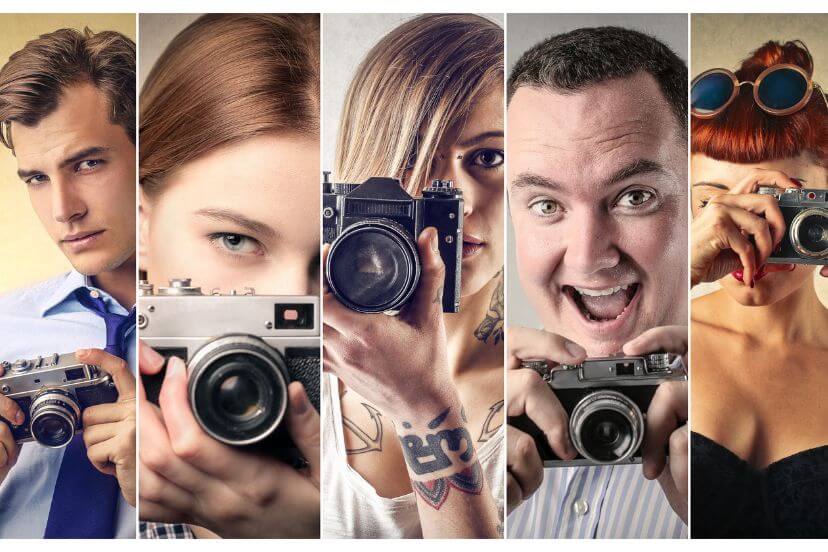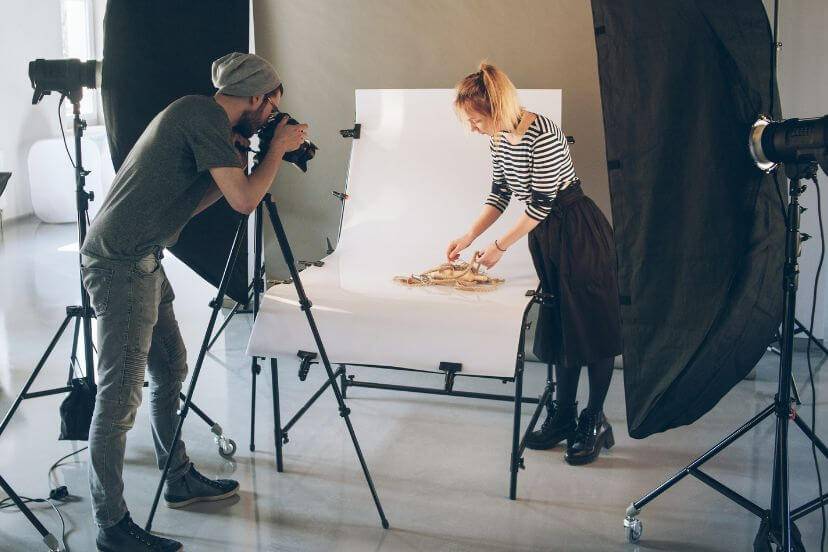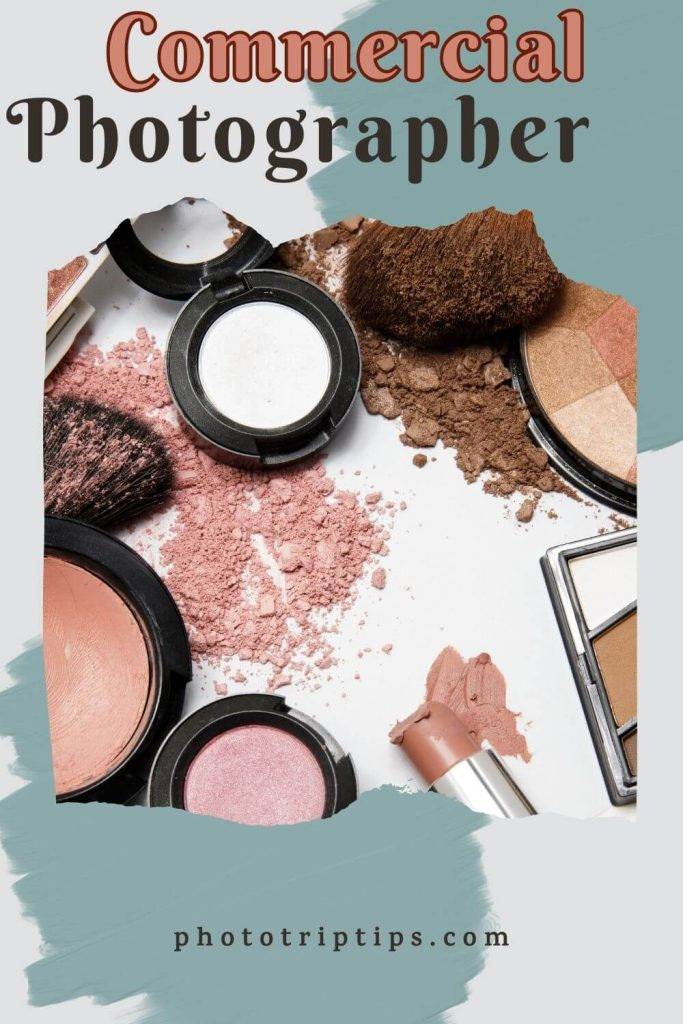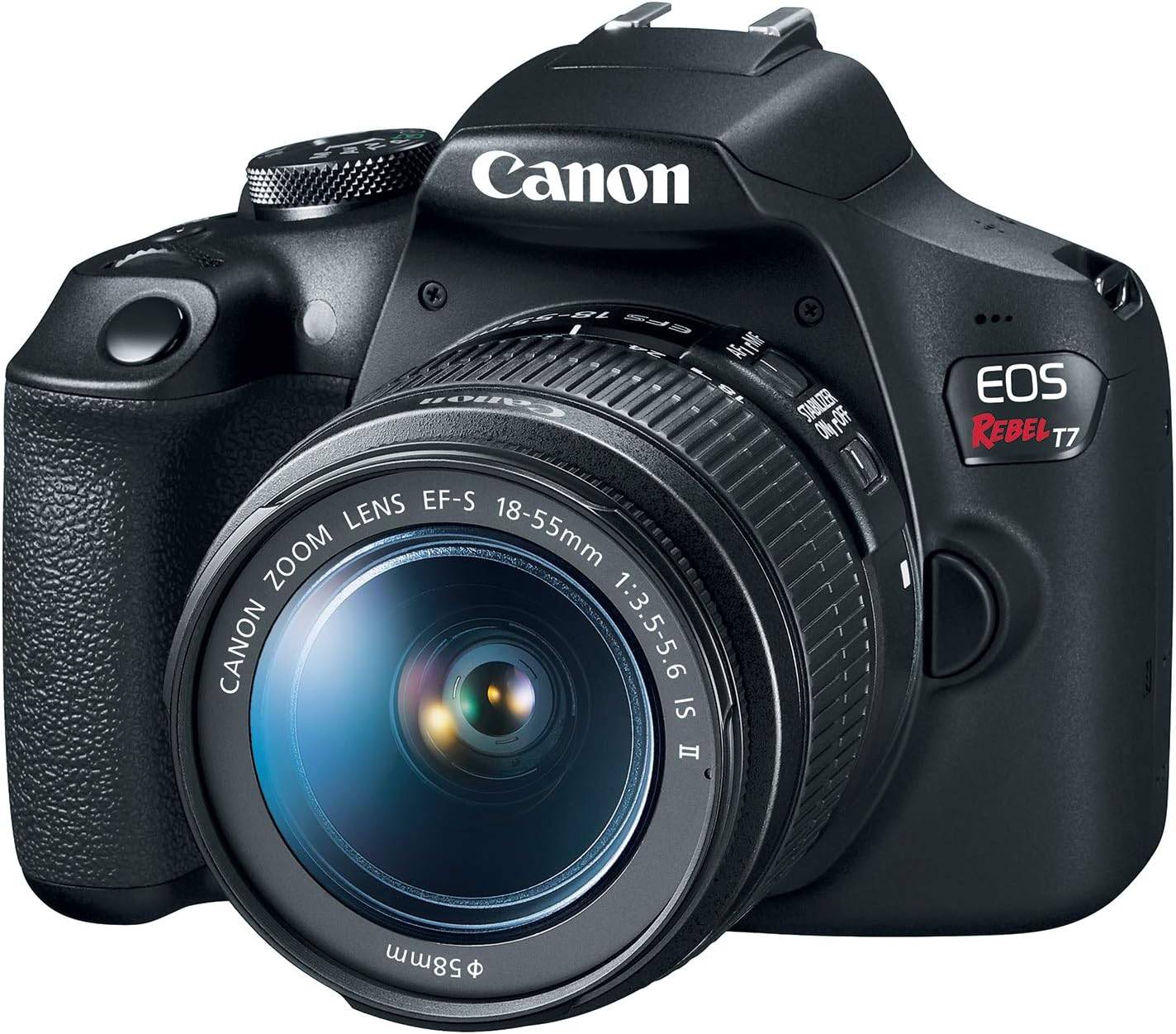Shutterbug Dreams to Paychecks: The Journey of a Commercial Photographer
Becoming a commercial photographer can be an exciting and rewarding journey for those with a passion for photography and a desire to turn their skills into a lucrative career. Whether you dream of capturing stunning product images, advertising campaigns, or corporate portraits, in this guide, I will take you through the steps I’ve discovered to embark on a successful career as a commercial photographer.
I am a participant in the Amazon Services LLC Associates Program, an affiliate advertising program designed to provide a means for me to earn fees by linking to Amazon.com and related sites. This post may contain affiliate links, which means I may receive a commission, at no cost to you, for purchases made using my links. Please see my disclosure to learn more.
Understanding Commercial Photography
Commercial photography involves creating images for businesses and clients with the intent of promoting their products, services, or brand. It encompasses various niches, including product photography, advertising photography, fashion photography, and more. To excel in this field, you must first understand its intricacies.
Developing Your Photography Skills
Mastering Your Camera
Before diving into commercial photography, ensure you have a solid grasp of your camera and its settings. Understanding aperture, shutter speed, ISO, and other key aspects will enable you to capture high-quality images consistently.
Lighting Techniques
Lighting is crucial in commercial photography. Learn how to manipulate natural and artificial light to create the desired mood and highlight key elements in your shots. Experiment with different lighting setups to expand your skill set.
Building Your Portfolio

As a budding commercial photographer, your portfolio is your calling card. Start by photographing a wide range of products, and gradually build a collection of diverse and impressive work. Showcase your best images on a professional website or portfolio platform.
Networking and Collaboration
Building relationships with other professionals in the industry is essential. Collaborate with models, makeup artists, stylists, and art directors to create visually compelling images. Attend photography workshops, exhibitions, and networking events to expand your contacts.
Legal Considerations
Contracts and Licensing
Protect yourself and your clients by drafting clear contracts for every project. Specify usage rights, payment terms, and expectations in writing to avoid misunderstandings down the line.
Copyright and Intellectual Property
Understand copyright laws related to photography. Know your rights as a photographer and the rights of your clients. This knowledge will help you navigate licensing and usage agreements confidently.
Marketing Yourself

Creating a Website
A professional website is your online storefront. Showcase your portfolio, list your services, and include client testimonials. Optimize your website for search engines to increase your online visibility.
Utilizing Social Media
Leverage social media platforms to connect with potential clients and fellow photographers. Share your work regularly and engage with your audience. Building an online presence can lead to exciting opportunities.
Getting Your First Clients
Securing your first clients can be challenging but rewarding. Start by offering your services to local businesses or startups. Consider collaborating with non-profits or volunteering your photography skills for events.

Pricing Your Services
Determining your pricing can be tricky. Research industry standards and factor in your experience, equipment costs, and desired profit margins. Be transparent with clients about your pricing structure.
Staying Updated and Innovative
The world of photography is constantly evolving. Stay updated with the latest equipment, software, and techniques. Embrace innovation, but also maintain your unique style that sets you apart from others.
Final Thoughts
Becoming a commercial photographer is an exciting journey filled with creative opportunities. With dedication, continuous learning, and effective networking, you can turn your passion for photography into a successful and fulfilling career.
FAQs (Frequently Asked Questions)
What equipment do I need to start as a commercial photographer?
Your equipment needs will depend on your niche, but a high-quality camera, lenses, lighting equipment, and a sturdy tripod are essential.
How can I build a strong online presence as a photographer?
- Start by creating a professional website and regularly sharing your work on social media platforms. Engage with your audience and collaborate with influencers in your niche.
What is the difference between commercial and fine art photography?
- Commercial photography is focused on creating images for commercial purposes, such as advertising or marketing. Fine art photography is more artistic and often intended for gallery exhibitions.
Do I need a formal education in photography to become a commercial photographer?
- While formal education can be beneficial, many successful commercial photographers are self-taught. Your portfolio and skills matter most.
How do I handle client negotiations and contracts effectively?
- It’s crucial to be clear and detailed in your contracts. Consider consulting with a legal professional or using contract templates specific to photography to protect your interests.







